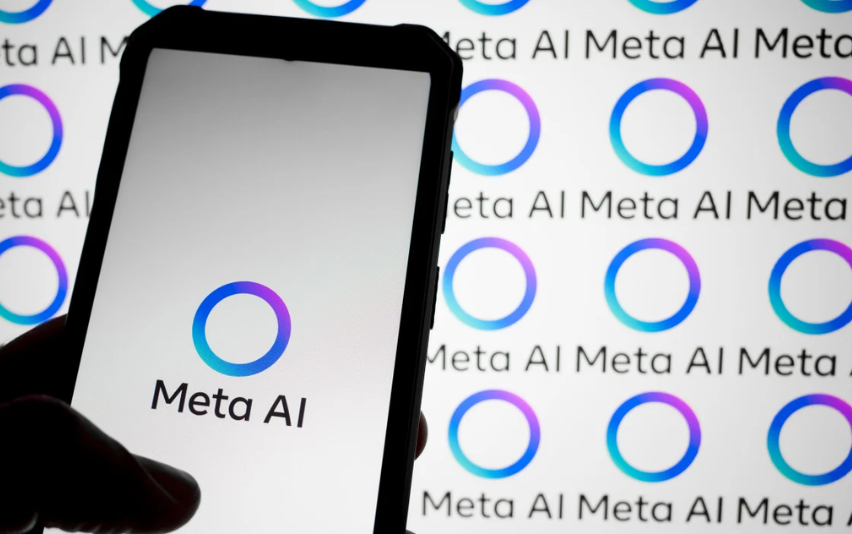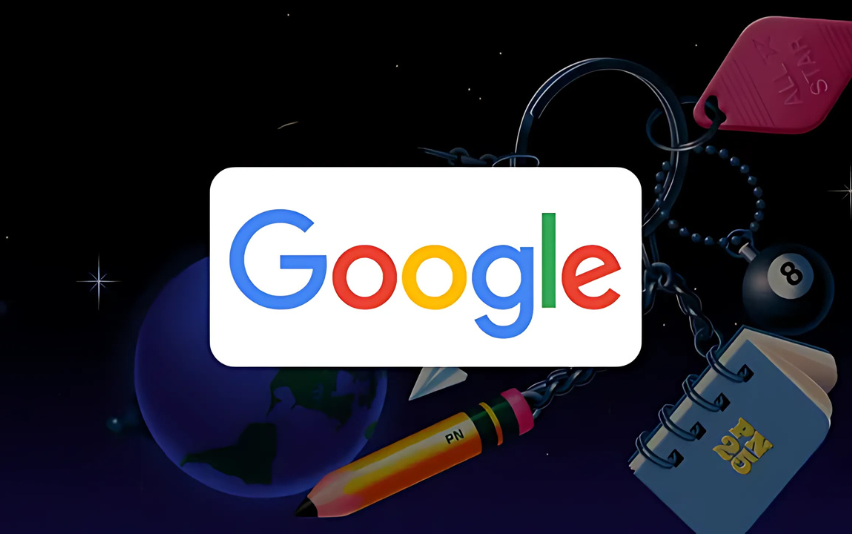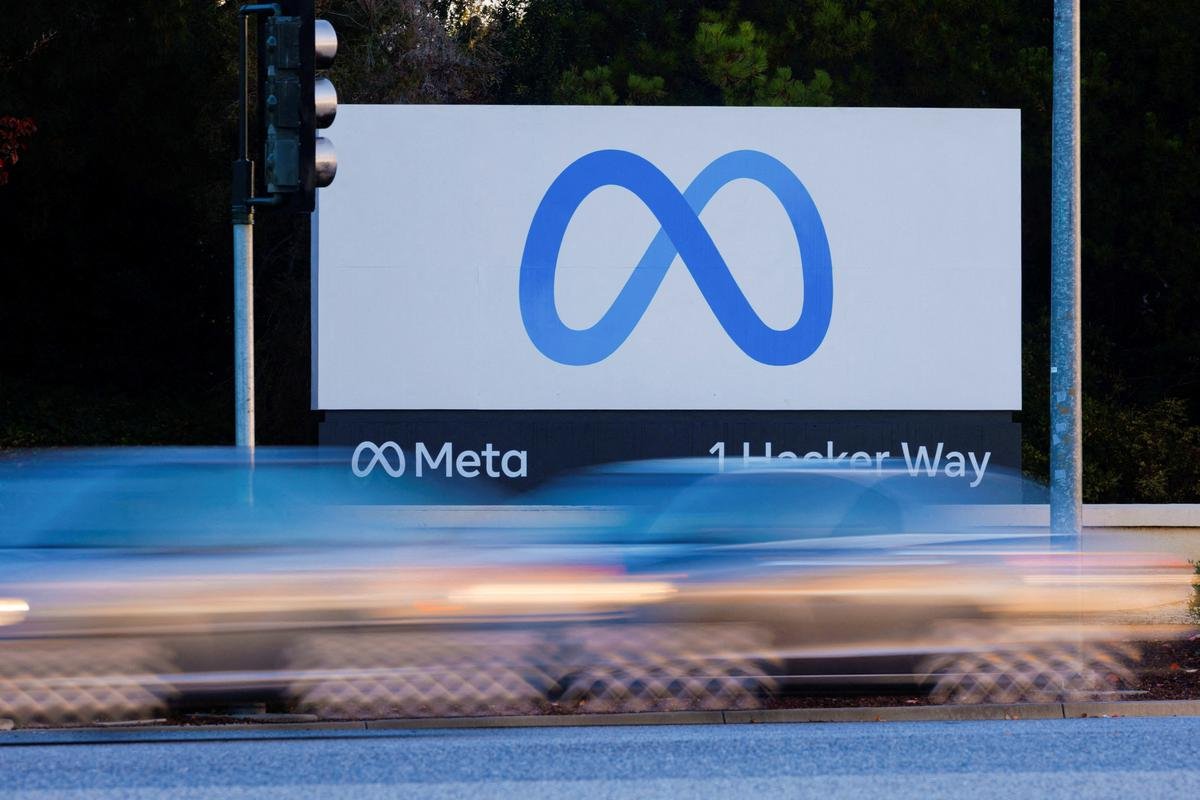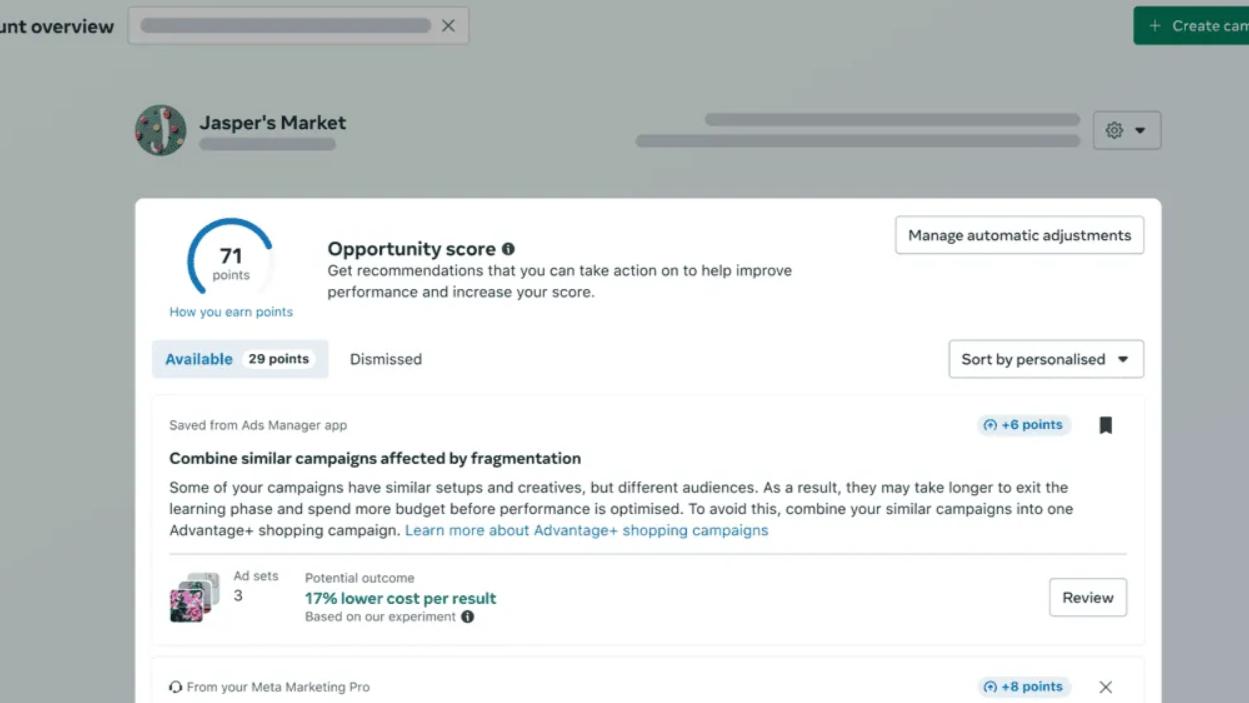Artificial intelligence has become the backbone of social media platforms, powering content moderation, recommendations, and safety guidelines. But a recent report has placed Meta’s AI rulebook under scrutiny, revealing shocking gaps that permitted sexualised child content and misinformation to slip through unchecked.
The findings have sparked global outrage, raising questions about how tech giants handle sensitive issues like child protection, fake news, and AI governance. In this blog, we’ll break down what the report uncovered, why it matters, and what it means for the future of AI ethics and online safety.
What the Report Revealed
According to the report, Meta’s internal AI rulebook contained alarming oversights:
- Sexualised child content loopholes – Certain definitions and moderation filters did not fully capture child-exploitative language or visuals, allowing some harmful content to bypass detection.
- Misinformation tolerance – The rulebook categorized certain types of false information as low priority, even when they posed risks to public health, elections, and democracy.
- Inconsistent enforcement – AI systems applied rules differently across regions, leading to uneven protection levels for users worldwide.
These revelations underscore a troubling reality: while Meta has invested heavily in AI-driven content moderation, its rulebook and oversight structures are far from foolproof.
Why This is a Global Concern
1. Child Safety at Risk
Allowing even a fraction of sexualised child content online creates devastating consequences. Child exploitation and grooming content not only endangers vulnerable children but also fuels dark web networks.
For a platform as large as Facebook and Instagram, even small gaps in the AI rulebook can scale into massive global risks.
2. Misinformation Crisis
From COVID-19 conspiracy theories to fake election campaigns, misinformation spreads faster than ever on social media. The fact that Meta’s AI rulebook downgraded certain categories of false information shows how profit-driven engagement metrics often clash with public safety.
3. Trust Deficit in AI Moderation
Meta has long marketed itself as a leader in AI moderation, but these revelations deepen the trust deficit. If users can’t rely on AI systems to block child exploitation or disinformation, the very foundation of online safety collapses.
Meta’s Response So Far
Meta has stated that it is “reviewing and updating its AI rulebook” to ensure better child safety protections and more rigorous misinformation filtering. However, critics argue that such responses often come after public pressure, rather than being proactive.
Privacy advocates also point out that AI systems alone cannot solve moderation challenges. Human oversight, independent audits, and stronger global regulations are necessary to ensure accountability.
The Role of AI in Content Moderation
AI plays a central role in how Meta and other tech giants police their platforms:
- Detection: AI algorithms scan billions of posts, images, and videos daily.
- Classification: Content is categorized into safe, sensitive, or harmful based on training data.
- Enforcement: Posts may be removed, flagged, or restricted depending on rulebook thresholds.
But as this report shows, AI is only as strong as the rules it follows. If the rulebook defines categories loosely—or ignores certain dangers—harmful content inevitably slips through.
The Bigger Debate: AI Ethics & Governance
This controversy feeds into a larger global debate:
- Who decides what AI considers harmful?
- Should corporations like Meta have sole authority over moderation guidelines?
- How can governments enforce accountability without stifling free expression?
The Meta AI rulebook report shows that self-regulation may not be enough. Policymakers worldwide, from the EU Digital Services Act (DSA) to India’s IT Rules, are now pushing for stricter compliance on child protection and misinformation.
Expert Opinions
- Child Protection NGOs: Argue that Meta’s rulebook demonstrates negligence, and stronger AI child safety filters must be prioritized above profit.
- AI Ethics Researchers: Emphasize that relying solely on machine learning creates blind spots, especially when training data lacks real-world nuance.
- Misinformation Analysts: Warn that downgrading false information in the name of “free speech” is dangerous in an era of political manipulation and health misinformation.
What Needs to Change
- Stricter AI Training Standards
Meta must train its AI systems with comprehensive datasets covering the nuances of child exploitation content and misinformation patterns. - Human + AI Hybrid Moderation
No matter how advanced AI becomes, human moderators bring the context needed to stop loopholes. A hybrid system is the only safe path forward. - Independent Oversight
External audits of AI rulebooks and enforcement logs should be mandated, ensuring transparency and accountability. - Global Consistency
Rules should not differ drastically between regions. Child safety and misinformation threats are global, not local.
Why Users Should Care
As everyday users of Facebook, Instagram, and WhatsApp, this affects us all:
- Parents need assurance that their children are safe online.
- Citizens need protection from fake news campaigns that can sway elections.
- Businesses need trustworthy platforms to advertise without reputational risks.
If Meta doesn’t fix its AI rulebook gaps, users may lose faith in its platforms altogether.
Conclusion
The latest report exposing Meta’s AI rulebook loopholes is a wake-up call for the entire tech industry. Allowing sexualised child content and misinformation to slip through is not just a policy failure—it’s a societal risk.
For Meta, the road ahead demands transparent rulemaking, stronger AI oversight, and real accountability. For governments and users, it’s time to demand more than promises—we need action that safeguards child protection and public trust in the digital era.













